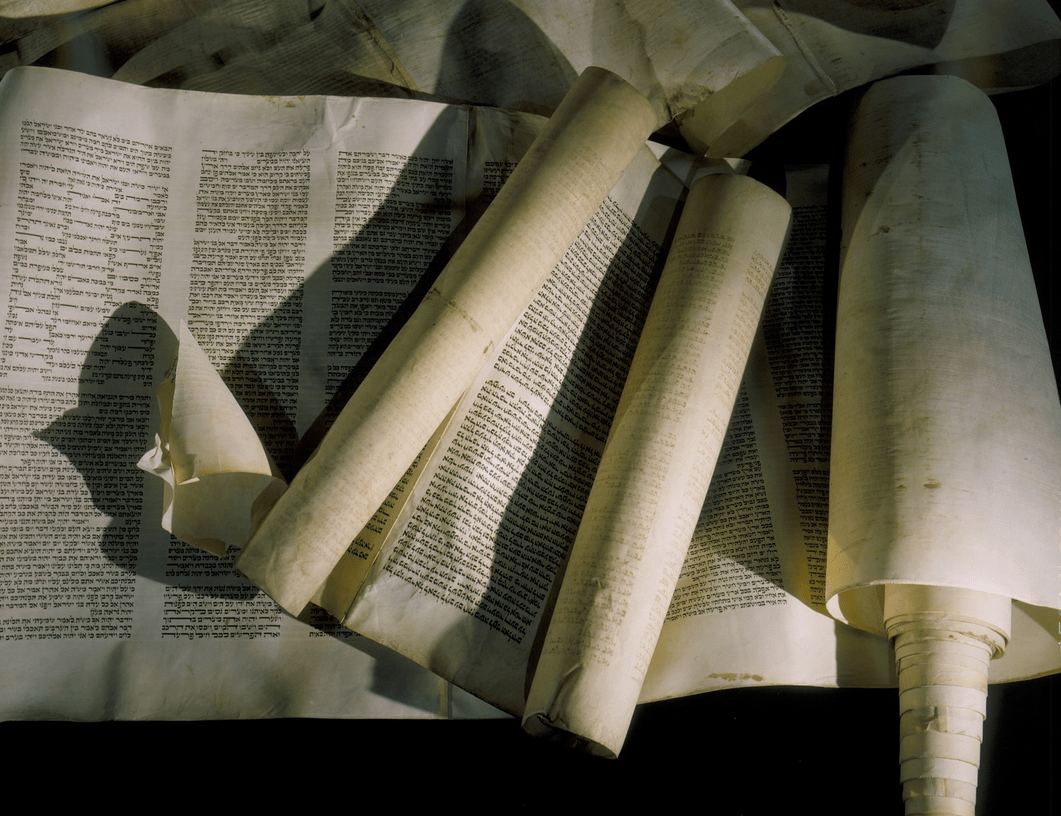
The 1935 Nuremberg Laws together with their official commentaries defined a Jew as somebody with three or four Jewish grandparents. In turn, a grandparent was deemed Jewish if she or he belonged to a Jewish religious community. Certainly not everyone who identified as Jewish (or who was labelled as such by the Nazi regime) practised Judaism. For others, religion played a role – however large or small – in their lives.
The PMJ documents presented here shed light on the ways in which the Nazi regime and anti-Jewish violence after 1933 created obstacles for Jews who wished to observe religious practices, from attending synagogue to obtaining kosher food. The documents also reveal Nazi efforts to loot objects from synagogues and to prevent their return.
